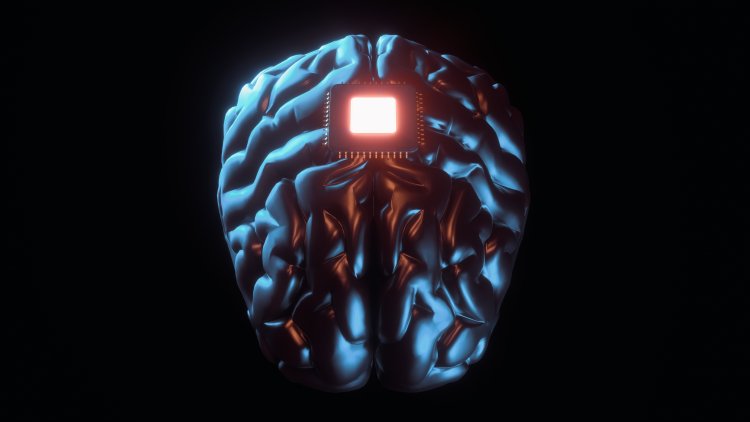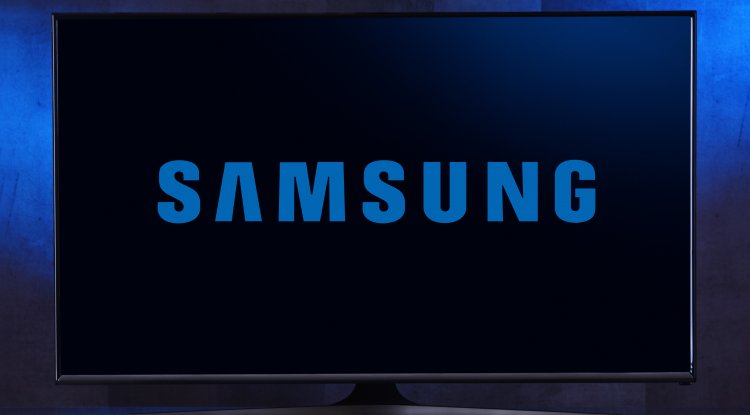NEURALINK - Federal investigation for animal tests
Elon Musk's brain implant firm, Neuralink, is under government investigation after staff complained that rushed testing is inflicting undue suffering and death in lab animals.

The basic concept of surgically implanting microelectrodes in the human brain and creating a functional brain-machine interface between man and computer has been spectacularly announced several times, but it appears that it has not progressed beyond a laboratory experiment on animals even after six years.
And, as things now stand, neither is likely to happen in the near future. Because Neuralink is now the subject of a federal inquiry launched at the request of the Federal Prosecutor's Office by the Inspector General of the United States Department of Agriculture (USDA). The probe is founded on the Animal Welfare Act, which governs how scientists treat and test animals in scientific experiments.
According to a Reuters evaluation of dozens of documents and interviews with more than two dozen current and former Neuralink employees, the investigation coincided with a wave of growing employee dissent over the way animal testing is conducted, including allegations of CEO Musk putting pressure on the testing process to expedite it.
As a result of failed research and the unnecessary suffering of experimental animals Text messages, audio recordings, e-mails, presentations, and reports from the company indicate how such rushed failed tests had to be repeated, increasing the number of animals tried and murdered. Musk and other Neuralink officials did not immediately reply to demands for comment from reporters.
According to public statistics, Neuralink has sacrificed over 1,500 animals for research reasons since 2018, predominantly mice and rats, but also more than 280 sheep, pigs, and monkeys. The total number of deceased animals does not necessarily imply that Neuralink is breaking any laws or following standard research procedures: Faced with the financial need of bringing goods to market as soon as possible, all research laboratories involved in enhancing human health care frequently employ animals in the preclinical phase of trials before testing on humans.
At the end of the experiment, the animals are sacrificed (the normal scientific euphemism for 'humane killing') so that a post-mortem examination can be performed for research purposes. And for decades, this has been a well-established, legally controlled, legitimate scientific research procedure all throughout the world.
However, according to evidence 'leaked' from the indictment, some current and former Neuralink personnel claim that the number of animal deaths was substantially more than it should have been, and that this was due to Musk's requests to speed up research as much as possible.
According to papers and staff testimonials, at least four trials (on a total of 86 pigs and two monkeys) have failed to owe to human error in the last few years. Failed tests reduced the experiment's research value and necessitated repeat testing, resulting in an excessively large number of animals slaughtered.
The indicated human errors are attributed to a lack of preparation and training of the testing crew, who labor in a high-pressure setting to speed up the trials due to short deadlines.
One of the employees wrote a message to his colleagues about the necessity to reassess the way the organization organizes animal activities "...in order to prevent further butchery operations."
He noted that the busy timetable had resulted in underprepared and overworked employees struggling to meet deadlines and last-minute alterations made before operations, which increased the risk to animals. Two employees recently quit the organization, expressing "concerns about animal experimentation."
To be honest, it should be noted that, in comparison to other research organizations, Neuralink treats animals fairly nicely, as confirmed by employees. Musk's earlier statement that he is not happy that animals have to be used for preclinical research, so he wants to make sure that they are the "happiest animals in the world" while they are still alive was confirmed by the construction of the "Monkey Disneyland" in the facility in Austin, where laboratory animals can roam freely in a pleasant environment, get quality food, and have fun.
As icing on the cake, all of the issues with Neuralink's "quick-knit" testing raised increasingly vocal concerns about the quality and accuracy of the data acquired thus far. The verification of that data, as well as the USDA inquiry, might further delay the company's attempt to obtain FDA approval to begin human clinical trials, which Neuralink had hoped to complete within the next six months, according to Musk.
Neuralink's gap behind the competition adds to Musk's growing list of concerns, which includes criticism over his management of Twitter, falling Tesla Inc shares, and an unexpected "dead season" at rocket company SpaceX.
Post by Bryan C.




























